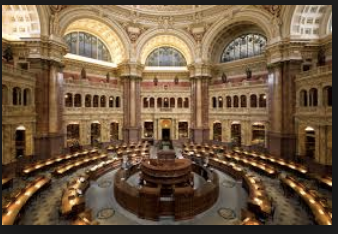For more than 200 years, Congress operated largely as the country’s founders envisioned — forging compromises on the biggest issues of the day while asserting its authority to declare war, spend taxpayer money and keep the presidency in check.
Today, on the eve of a closely fought election that will determine who runs Capitol Hill, that model is effectively dead.
It has been replaced by a weakened legislative branch in which debate is strictly curtailed, party leaders dictate the agenda, most elected representatives rarely get a say, and government shutdowns are a regular threat because of chronic failures to agree on budgets, according to a new analysis of congressional data and documents by The Washington Post and ProPublica.
The study found that the transformation has occurred relatively quickly — sparked by the hyperpolarized climate that has enveloped politics since the 2008 election of President Barack Obama and the subsequent dawn of the tea party movement on the right. During that time, as the political center has largely evaporated, party leaders have adhered to the demands of their bases, while rules and traditions that long encouraged deliberative dealmaking have given way to partisan gridlock, the analysis found.




